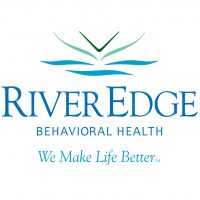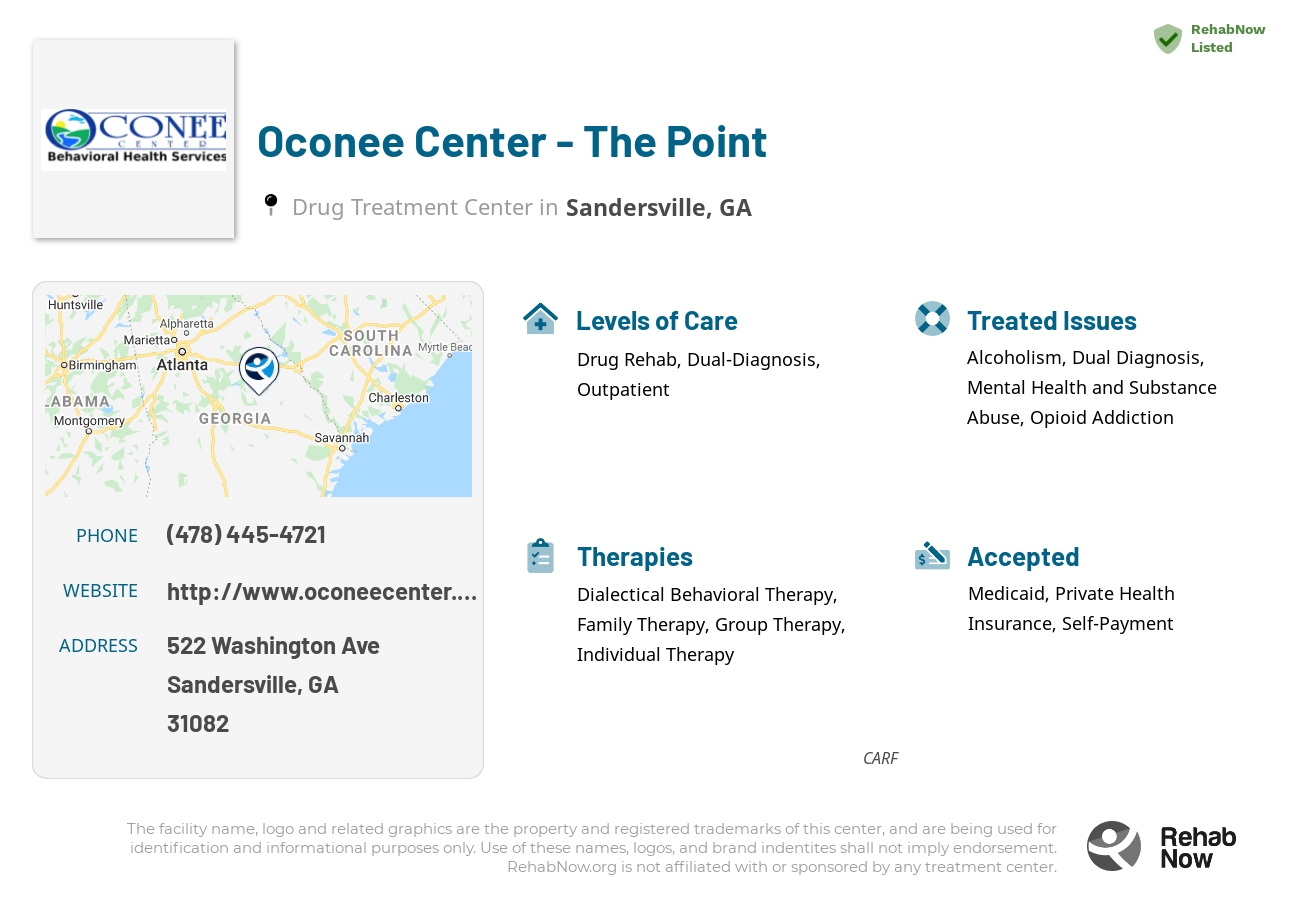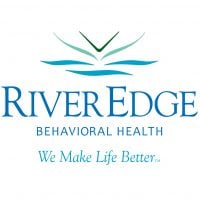
Oconee Center - The Point
Drug Rehab Center in Sandersville, Georgia
- Opioid Addiction
- Dual Diagnosis
- Drug Addiction
- Alcoholism
Oconee Center - The Point is a treatment facility for addiction and substance abuse, providing a range of services including residential, inpatient, and outpatient treatment, with a focus on evidence-based therapies and tailored care for each patient.
About Oconee Center - The Point in Georgia
Oconee Center - The Point, situated in Sandersville, Georgia, is a premier facility focusing on treating individuals with mental illness, addictive diseases, mental retardation, and those who are dually diagnosed, depending on their unique care and support needs. It stands out for its comprehensive approach, designed to address a spectrum of disorders under one roof.
Accredited by CARF, a testament to its high-quality care, The Point accepts most private health insurance plans, making access to its services more manageable for many. The facility prides itself on a state-of-the-art approach to addiction treatment, offering a wide range of services tailored to meet the individual needs of each patient.
- Specializes in alcohol abuse, dual-diagnosis, opioid addiction, drug addiction, and mental health disorders, providing a holistic approach to recovery.
- Offers various levels of outpatient care, ensuring a flexible and accommodating treatment schedule for patients.
- Features a multidisciplinary team of healthcare professionals equipped to offer evidence-based treatment and comprehensive assessments.
Oconee Center - The Point addresses challenges like alcohol abuse, opioid addiction, drug addiction, and mental health disorders using evidence-based treatment methods. With options for drug rehab and dual-diagnosis treatment across different outpatient care levels, patients receive specialized intervention tailored to their specific needs.
Genders
Ages
Modality
Additional
Accreditations

CARF
The Commission on Accreditation of Rehabilitation Facilities (CARF) is a non-profit organization that specifically accredits rehab organizations. Founded in 1966, CARF's, mission is to help service providers like rehab facilities maintain high standards of care.
Conditions and Issues Treated
Opioid addiction starts when a person becomes addicted to legal or illegal opioids. The addiction can happen quickly, in just a matter of days. Opioid withdrawal can be extremely uncomfortable and lead the user to continue to use even if they want to quit. Stopping using an opioid requires medical observation. Sometimes inpatient treatment with a medically supervised detox is necessary for managing the withdrawal process while learning lasting tools for maintaining recovery. Medications may be used in some cases of opioid addiction.
Opioid addiction is one of Georgia‘s most prominent forms of addiction. It’s treated by detoxifying the body so that the chemicals from the medications no longer impact them and by therapies to correct behavior and target the root of the problem.
Recovery is not simply about stopping drug use. Recovery is working with addiction while recovering mental health issues that are fueling the addiction in the first place.
Levels of Care Offered
This center offers a variety of custom treatment tailored to individual recovery. Currently available are Drug Rehab, Dual-Diagnosis, Outpatient, with additional therapies available as listed below.
Outpatient treatment is considered the lower intensity level of addiction treatment. It’s ideal for early phase addiction or lower intensity addictions. It may include weekly sessions instead of daily. It may include weekly sessions instead of daily. Peer group support, 12-step programs, and individual counseling may still be involved but at a lesser frequency than an intensive outpatient program. It is a good choice for someone who doesn’t need to go through a medically supervised detox and who has a supportive home environment. It requires motivation and dedication to commit to the program without constant monitoring.
Therapies & Programs
Individual therapy involves one-on-one sessions between the patient and therapist. It provides patients with a safe environment to openly discuss personal and sensitive issues with the therapist. They find the therapist as someone they can trust. Individual therapy aims to identify the core issues that would have led the patient to substance abuse and address them effectively. The therapist can develop patient-specific customized solutions through individual therapy, which aids speedier recovery.
Family therapy is a group problem-solving that aims to improve communication and relationships between the addict, their family, and sometimes friends. The main goal of family therapy for drug addiction is to create an environment where communication can occur without judgment, hostility, or blame. The therapist is with the family as they learn to communicate differently, especially with the addict when s/he is using. The family can learn to reduce their enabling behavior or rally together and support each other during tough times.
An addict’s family can play a vital part in helping them to avoid relapse because they can spot the warning signs and help them get back on track before it becomes too much of a problem. Family therapy is one of the most effective ways to help addicts stay on the path to long-term sobriety. When a drug addict decides that they want to try and get sober, it takes the support of every person they love to succeed. It can be incredibly difficult for loved ones to watch an addict go through the pain and suffering of withdrawal, but by being there with them and supporting them, they can help to make sure that the addiction never returns.
Groups typically involve meetings with other recovering addicts who can relate to one another’s experiences. They might meet in person or online and typically focus on the process of staying sober rather than overcoming a specific addiction.
In these groups managed by Oconee Center - The Point, addicts can build a sense of community and develop strong emotional connections with others who understand what they are going through. These beneficial relationships can help addicts overcome their cravings and prevent relapse at any point during the recovery process.
Dialectical Behavior Therapy (DBT) is a type of therapy created in the late 1980s and early 1990s to help people with high rates of suicidal behavior. DBT helps people learn how to live a life that is no longer controlled by overwhelming emotions and urges. It is beneficial in treating drug addiction because it helps patients understand and cope with their cravings for drugs or alcohol rather than turning to those substances as a way of coping.
There is hope for people who are addicted to drugs and alcohol. Cognitive Behavioral Therapy (CBT) is the solution. CBT focuses on the underlying thoughts and behaviors that caused the addiction problem in the first place and may cause a relapse. This type of psychotherapy addresses negative feelings common in substance abuse disorders. It helps to change them by restructuring thought patterns. It’s about removing negative thoughts and providing long-term benefits while promoting self-awareness, self-control, and healthy ways to respond to negative thoughts. These sessions can be done by themselves or as part of combination therapy.
Payment Options Accepted
For specific insurance or payment methods please contact us.
Is your insurance accepted?
Ask an expert, call (888) 674-0062
Additional Details
Specifics, location, and helpful extra information.
Sandersville, Georgia 31082 Phone Number(478) 445-4721 Meta DetailsUpdated April 15, 2024
Staff Verified
Oconee Center - The Point Patient Reviews
There are no reviews yet. Be the first one to write one.
Sandersville, Georgia Addiction Information
Prescription opioid use has caused a large increase in the total amount of overdoses in Georgia. Almost 12% of the Georgia population uses illicit drugs each year, and slightly over 3.5% also abuses alcohol at the same time. This does not include those who binge-drink at least once a month, which includes 20% of all Georgians.
Treatment in Nearby Cities
- Douglasville, GA (123.8 mi.)
- Lavonia, GA (101.2 mi.)
- Centerville, GA (57.2 mi.)
- Metter, GA (60.0 mi.)
- Dalton, GA (174.7 mi.)
Centers near Oconee Center - The Point



The facility name, logo and brand are the property and registered trademarks of Oconee Center - The Point, and are being used for identification and informational purposes only. Use of these names, logos and brands shall not imply endorsement. RehabNow.org is not affiliated with or sponsored by Oconee Center - The Point.





